Thoughts?
He was a seemingly nice guy in the first half of his life. An average American who made his fortune by selling hardware and software worth o…

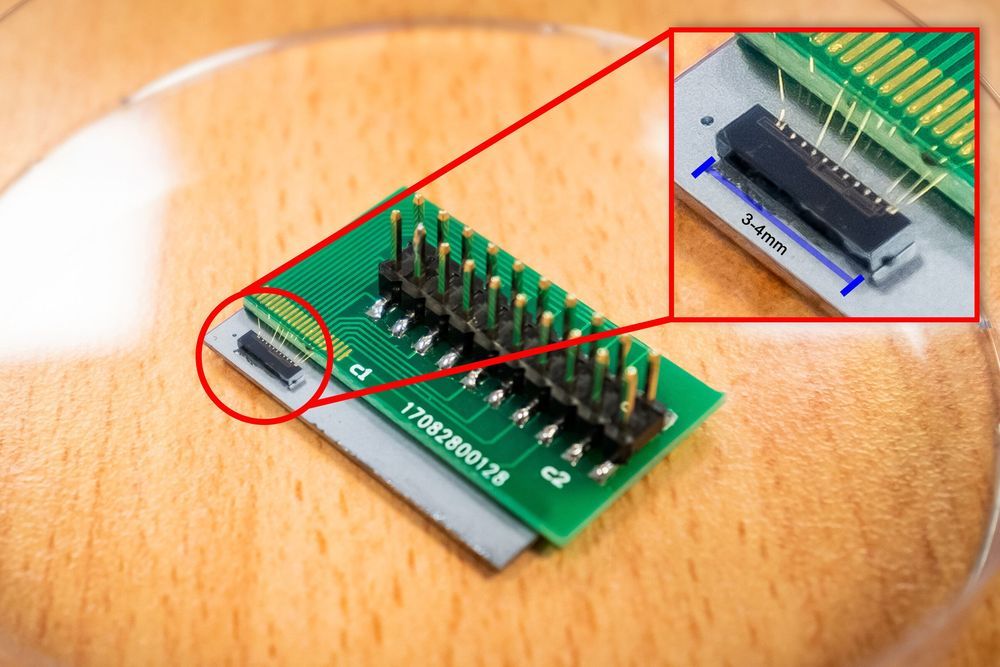
Researchers at Nanyang Technological University, Singapore (NTU Singapore) have developed a quantum communication chip that is 1,000 times smaller than current quantum setups, but offers the same superior security quantum technology is known for.
Most leading security standards used in secure communication methods—from withdrawing cash from the ATM to purchasing goods online on the smartphone—does not leverage quantum technology. The electronic transmission of the personal identification number (PIN) or password can be intercepted, posing a security risk.
Roughly three millimeters in size, the tiny chip uses quantum communication algorithms to provide enhanced security compared to existing standards. It does this by integrating passwords within the information that is being delivered, forming a secure quantum key. After the information is received, it is destroyed along with the key, making it an extremely secure form of communication.
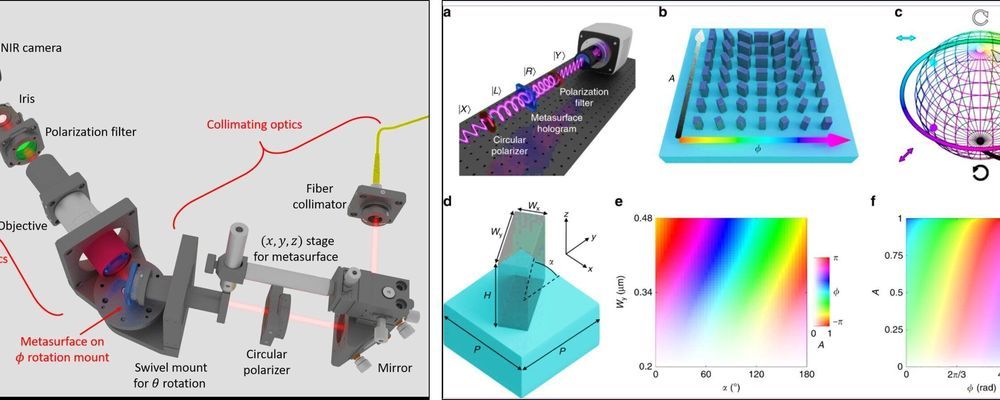
Metasurfaces are optically thin metamaterials that can control the wavefront of light completely, although they are primarily used to control the phase of light. In a new report, Adam C. Overvig and colleagues in the departments of Applied Physics and Applied Mathematics at the Columbia University and the Center for Functional Nanomaterials at the Brookhaven National Laboratory in New York, U.S., presented a novel study approach, now published on Light: Science & Applications. The simple concept used meta-atoms with a varying degree of form birefringence and angles of rotation to create high-efficiency dielectric metasurfaces with ability to control optical amplitude (maximum extent of a vibration) and phase at one or two frequencies. The work opened applications in computer-generated holography to faithfully reproduce the phase and amplitude of a target holographic scene without using iterative algorithms that are typically required during phase-only holography.
The team demonstrated all-dielectric metasurface holograms with independent and complete control of the amplitude and phase. They used two simultaneous optical frequencies to generate two-dimensional (2-D) and 3D holograms in the study. The phase-amplitude metasurfaces allowed additional features that could not be attained with phase-only holography. The features included artifact-free 2-D holograms, the ability to encode separate phase and amplitude profiles at the object plane and encode intensity profiles at the metasurface and object planes separately. Using the method, the scientists also controlled the surface textures of 3D holographic objects.
Light waves possess four key properties including amplitude, phase, polarization and optical impedance. Materials scientists use metamaterials or “metasurfaces” to tune these properties at specific frequencies with subwavelength, spatial resolution. Researchers can also engineer individual structures or “meta-atoms” to facilitate a variety of optical functionalities. Device functionality is presently limited by the ability to control and integrate all four properties of light independently in the lab. Setbacks include challenges of developing individual meta-atoms with varying responses at a desired frequency with a single fabrication protocol. Research studies previously used metallic scatterers due to their strong light-matter interactions to eliminate inherent optical losses relative to metals while using lossless dielectric platforms for high-efficiency phase control—the single most important property for wavefront control.
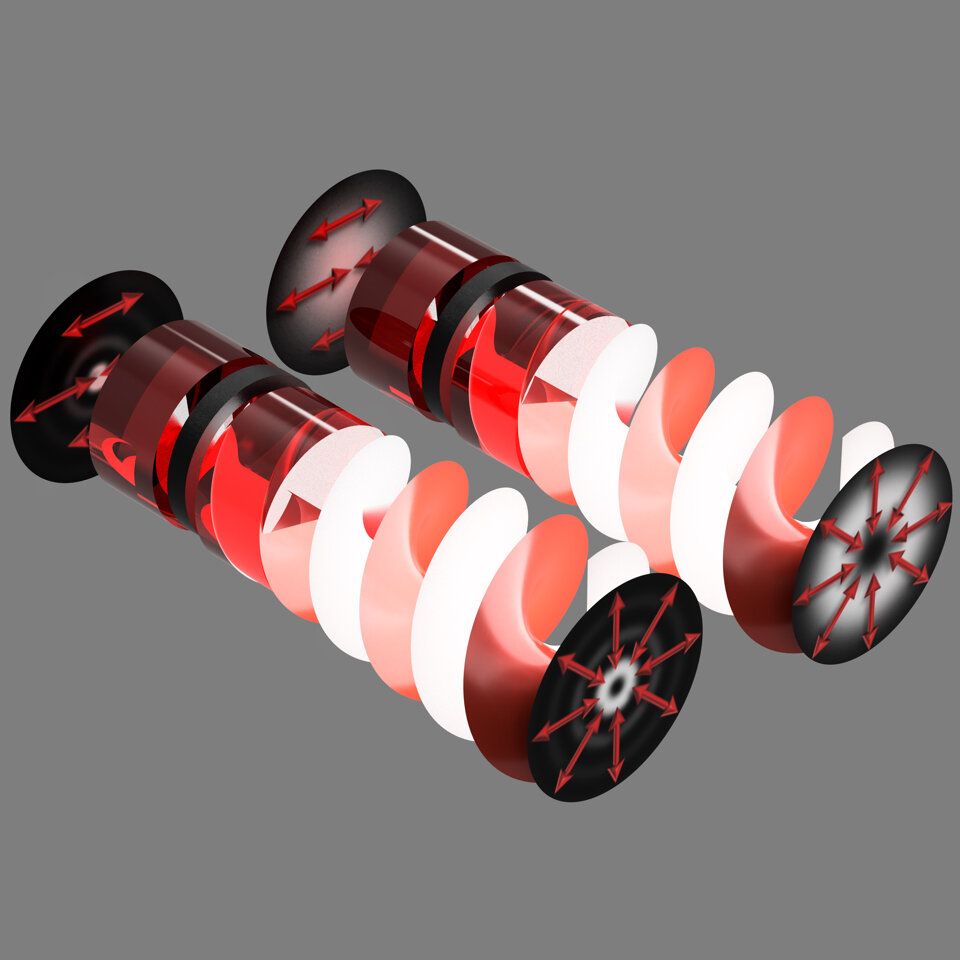
Hard light computers could be exponential.
Structured light is a fancy way to describe patterns or pictures of light, but deservedly so as it promises future communications that will be both faster and more secure.
Quantum mechanics has come a long way during the past 100 years but still has a long way to go. In AVS Quantum Science researchers from the University of Witwatersrand in South Africa review the progress being made in using structured light in quantum protocols to create a larger encoding alphabet, stronger security and better resistance to noise.
“What we really want is to do quantum mechanics with patterns of light,” said author Andrew Forbes. “By this, we mean that light comes in a variety of patterns that can be made unique—like our faces.”

Compared to regular blue OLED these converted white OLED last 30 times longer.
Organic light-emitting diodes (OLEDs) have come a long way since the first working device was reported three decades ago. Prized for their dark blacks, crisp image reproduction, and power efficiency, today’s OLEDs dominate the screens of Android phones and LG televisions. They may take over iPhones as early as next year.
And because OLEDs are cheap and easy to make, we ought to also use them to make white light for general illumination, says Konstantinos Daskalakis, a post-doctoral researcher at Aalto University in Finland.
Except white is an OLED’s Achilles’ heel. Typically, to get white light, individual red, green, and blue emitters shine at the same time. This makes white the most power-hungry color, reportedly requiring six times as much power as it takes to produce the color black on a Google Pixel. Other strategies to generate white light include carefully doping emitting layers with chemicals, but this approach makes it harder to fabricate devices.
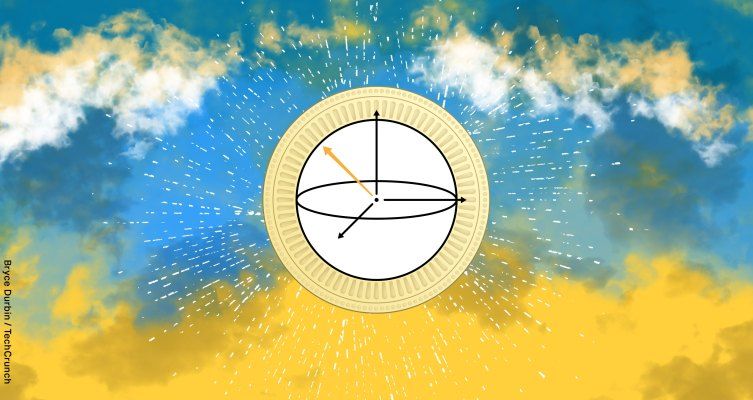
Does quantum computing really exist? It’s fitting that for decades this field has been haunted by the fundamental uncertainty of whether it would, eventually, prove to be a wild goose chase. But Google has collapsed this nagging superposition with research not just demonstrating what’s called “quantum supremacy,” but more importantly showing that this also is only the very beginning of what quantum computers will eventually be capable of.
This is by all indications an important point in computing, but it is also very esoteric and technical in many ways. Consider, however, that in the 60s, the decision to build computers with electronic transistors must have seemed rather an esoteric point as well. Yet that was in a way the catalyst for the entire Information Age.
Most of us were not lucky enough to be involved with that decision or to understand why it was important at the time. We are lucky enough to be here now — but understanding takes a bit of explanation. The best place to start is perhaps with computing and physics pioneers Alan Turing and Richard Feynman.
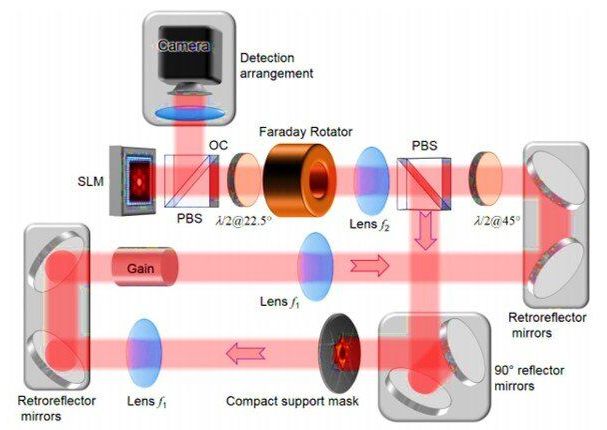
Physicists can explore tailored physical systems to rapidly solve challenging computational tasks by developing spin simulators, combinatorial optimization and focusing light through scattering media. In a new report on Science Advances, C. Tradonsky and a group of researchers in the Departments of Physics in Israel and India addressed the phase retrieval problem by reconstructing an object from its scattered intensity distribution. The experimental process addressed an existing problem in disciplines ranging from X-ray imaging to astrophysics that lack techniques to reconstruct an object of interest, where scientists typically use indirect iterative algorithms that are inherently slow.
In the new optical approach, Tradonsky et al conversely used a digital degenerate cavity laser (DDCL) mode to rapidly and efficiently reconstruct the object of interest. The experimental results suggested that the gain competition between the many lasing modes acted as a highly parallel computer to rapidly dissolve the phase retrieval problem. The approach applies to two-dimensional (2-D) objects with known compact support and complex-valued objects, to generalize imaging through scattering media, while accomplishing other challenging computational tasks.
To calculate the intensity distribution of light scattered far from an unknown object relatively easily, researchers can compute the source of the absolute value of an object’s Fourier transform. The reconstruction of an object from its scattered intensity distribution is, however, ill-posed, since phase information can be lost and diverse phase distributions in the work can result in different reconstructions. Scientists must therefore obtain prior information about an object’s shape, positivity, spatial symmetry or sparsity for more precise object reconstructions. Such examples are found in astronomy, short-pulse characterization studies, X-ray diffraction, radar detection, speech recognition and when imaging across turbid media. During the reconstruction of objects with a finite extent (compact support), researchers offer a unique solution to the phase retrieval problem, as long as they model the same scattered intensity at a sufficiently higher resolution.
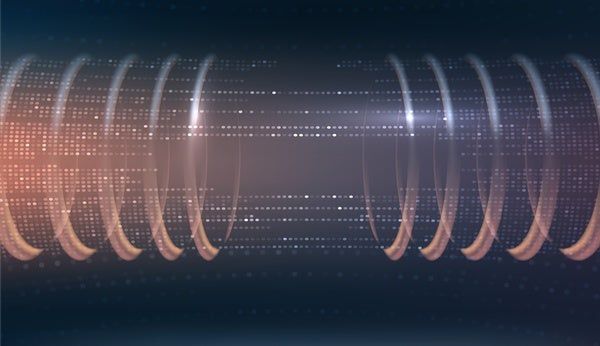


“If you are not convinced by the idea of reductive materialists that consciousness magically emerges from complexity in material structures or processes or if you are not satisfied with the viewpoint of idealists that matter is a mere thought form, then the present hypothesis may be something for you,” writes Dr. Antonin Tuynman when presenting his new book The Ouroboros Code. https://www.ecstadelic.net/top-stories/the-ouroboros-code-se…f-the-game #OuroborosCode
In “The Ouroboros Code” I will address the cybernetic dynamics of consciousness. Starting from the premise that Consciousness is the Ontological Primitive, I will propose mechanisms which may explain how a digital mathematical and material existence can be generated. Digging into Category Theory, Computational Simulacra and Quantum Computing, I will explore the mechanics of self-sustaining self-referential feedback loops as the Modus Operandi of Consciousness.
Let’s dive in the vortex of kaleidoscopic reflections, the wormhole of a dazzling “mise-en abyme” of recursiveness and the roller-coaster of the quantum non-locality. Explore the map which is the territory simultaneously by drawing your map of maps. Discover the non-dual bridge closing the gap between Science and Spirituality.
-Antonin Tuynman, PhD